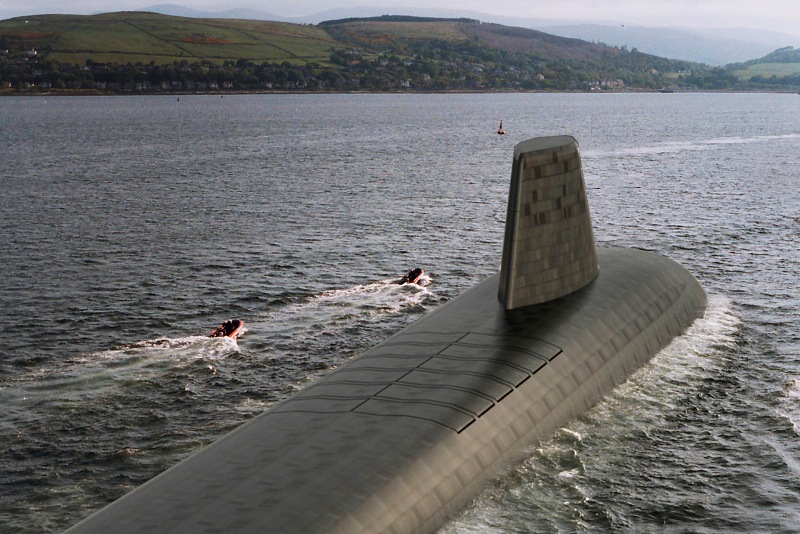The forthcoming integrated security, defence and foreign policy review will be shaped by strategic direction, which needs to be both imaginative and insightful. At the highest level, direction is provided by the most senior, relevant figures within the UK government. Traditionally, speeches given, and newspaper and journal articles written, by Prime Ministers, Defence and Foreign Secretaries of State and Chancellors of the Exchequer have all provided insight and guidance on how any given government is approaching its defence obligations.
Lately, with the convergence of defence and security through the articulation of a National Security Strategy, this list of relevant government ministers has grown to include other ministers, for example the Home Secretary and the Attorney General. In addition, there are a number of non-elected officials who also write and speak on defence and security matters in an official capacity, the most notable being the National Security Advisor, the Chief of the Defence Staff and the service chiefs, as well as the permanent secretaries to the ministries served by the politicians listed above.
Examples of Strategic Direction in the recent past
Since the end of the Second World War, it is possible to identify the UK’s approach to international relations through insightful strategic direction given by its political elite. For example, in his ‘Sinews of Peace’ speech delivered in Fulton Missouri in 1946, Winston Churchill introduced still-in-use phrases such as ‘the special relationship’ and ‘the iron curtain’. Generally recognised to be the date of the beginning of the Cold War, the speech shaped the strategic direction that guided UK defence policy until the collapse of the Soviet Union in 1991.
More recently, while serving as prime minister in 1999, Tony Blair unveiled his ‘Doctrine of the International Community’ in a speech to the Chicago Economic Club. The doctrine outlined the circumstances that, in Blair’s opinion, warranted the international community to intervene in the affairs of other nations, and built upon the ‘force for good’ approach that justified the UK’s pivot to an expeditionary posture in the Strategic Defence Review of 1998. Although the Conservative/Liberal Democrat Coalition Government emphasised a shift from an “over-reliance on military intervention to a higher priority for conflict prevention” in the 2010 Strategic Defence and Security Review, the basic principles of Blair’s doctrine still underpin UK defence policy.
The need for Strategic Direction today
Fast forward a little over twenty years and today the defence and security community is in real need of some insightful strategic direction to influence policy in the post-Brexit era. All it currently has is the wishy-washy soundbite ‘Global Britain: delivering on our international ambition’. Disappointingly, even when the government has had the opportunity to be more explicit, it has failed. For instance, the inaugural UK Strategic Command Conference hosted by RUSI on 18 February 2020 provided the new Minister for the Armed Forces James Heappey (Conservative MP for Wells) the ideal platform to present some credible and discerning strategic direction to inform the integrated security, defence and foreign policy review. He did not take it. Instead his speech will be remembered for a nonsensical example of “plankton-powered rubber duck bombs” to “embolden people to think the ridiculous”.
Conclusion
The integrated security, defence and foreign policy review will be an extremely demanding undertaking. In his recent book Tipping Point, Professor Michael Clarke, a RUSI distinguished fellow, recognised that the security challenges the UK faces over the next decade cover a wide spectrum and are growing – from terrorism, international crime and cyber attack through to the prospect of war in its own continent. Meeting these challenges will be expensive; indeed, the new chairman of the House of Commons Defence Committee, Tobias Ellwood (Conservative MP for Bournemouth East), has suggested that the UK should be heading towards a commitment of spending as much as three per cent of GDP on defence.
That alone will not be enough. To be successful, any more resource committed to defence and security must be spent on the capabilities best able to meet the security challenges of the future. Deciding on what they are begins with insightful strategic direction from the very top of government. Offering inanities is simply not good enough.






